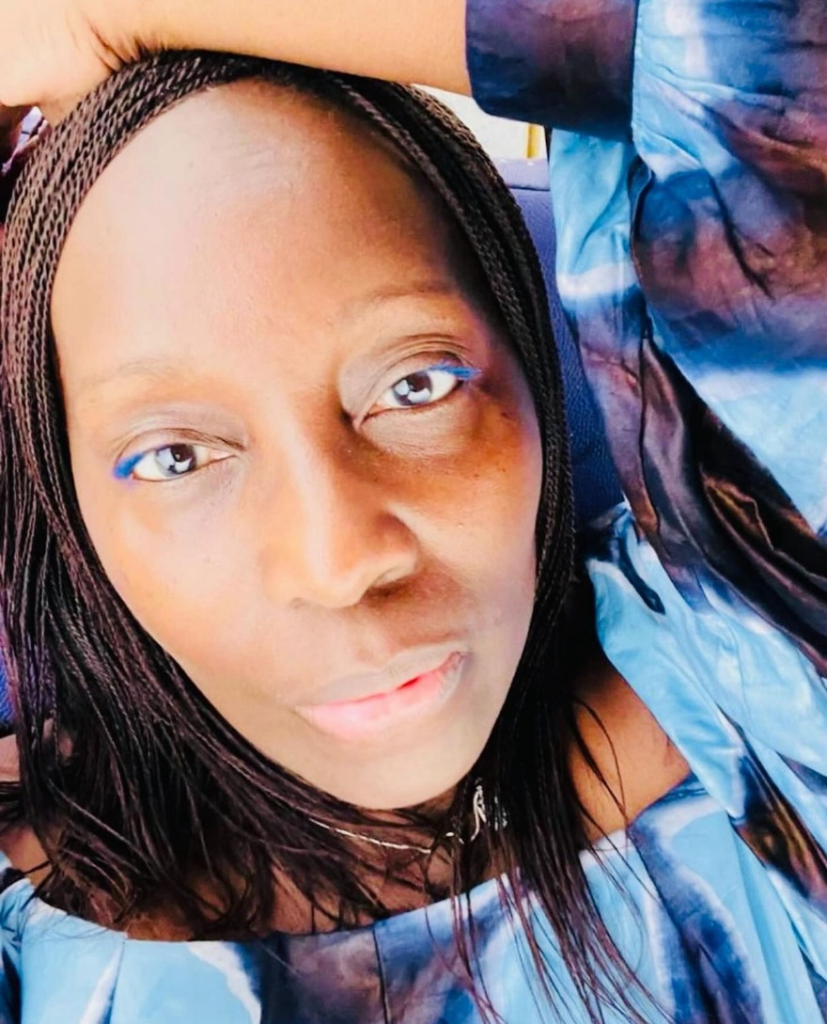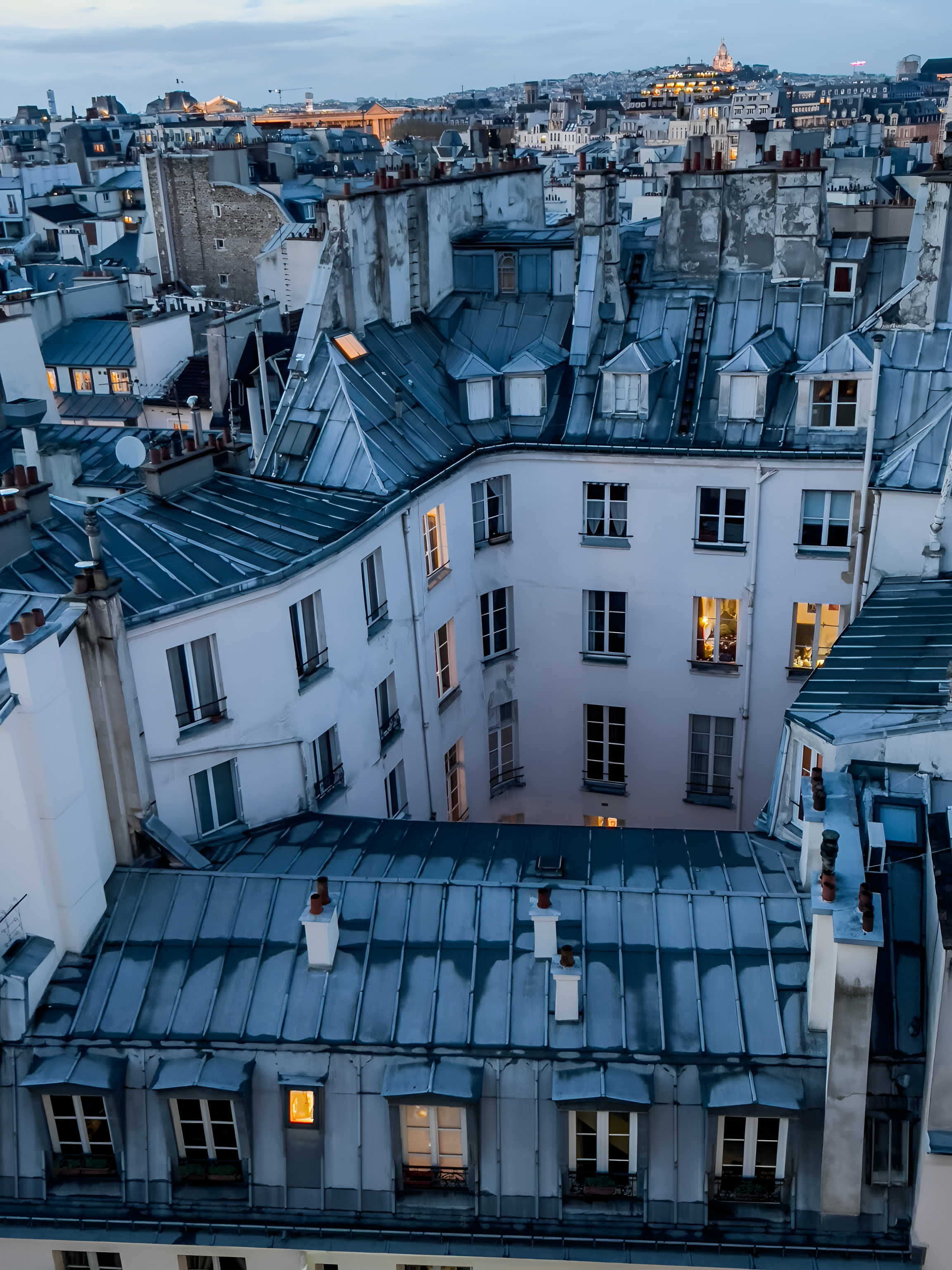About
MEET MORENIKE MCFAAL
About
Morenike McFaal was born in Benin, a small country nestled on the West Coast of Africa. As a result of her father’s career as a physician with the World Health Organization (WHO), she grew up living all over the world, from Africa, to Europe, and to the Americas. She has worked for years as a Simultaneous Conference Interpreter for United-Nations agencies before embracing a new passion as a novelist. She is currently completing her Doctorate in Medicine, to become a neonatologist.
In addition to managing her dual careers, Morenike joggles multiple activities across three continents — writing, watching movies, designing fashion, listening to music, traveling, and spending time with her family.
The story of Salou started many years back when Morenike was still a young girl living with her parents stationed in Yaoundé, Cameroon. Crouched behind the large curtains fencing the bedroom quarters from the living room, she would listen with all the attention of an 8-year-old, to the love story of a young doctor, a colleague of her father, who flew from France to his fiancée’s country in Africa, to ask her hand in marriage.
Five years ago, when she decided to write her first novel, images of this episode of her childhood resurfaced and enticed her to put down on paper this story that captivated her so much. This is how Salou and Benjamin, the main protagonists came to be, and the rest is history.
Morenike holds a Master’s in Bioethics from Columbia University, as well as a Master’s in Fine Arts (M.F.A) in Fiction Writing from Wilkes University.

Get to know Morenike
Morenike McFaal was born in Benin, a small country nestled on the West Coast of Africa. As a result of her father’s career as a physician with the World Health Organization (WHO), she grew up living all over the world, from Africa, to Europe, and to the Americas. She has worked for years as a Simultaneous Conference Interpreter for United-Nations agencies before embracing a new passion as a novelist. She is currently completing her Doctorate in Medicine, to become a neonatologist.
In addition to managing her dual careers, Morenike juggles multiple activities across three continents — writing, watching movies, designing fashion, listening to music, traveling, and spending time with her family. Morenike holds a Master’s in Bioethics from Columbia University, as well as a master’s in fine arts (M.F.A) in Fiction Writing from Wilkes University, and is currently completing her Doctorate in Medicine with a focus on neonatology.
A Passage From The Book
❝The icon turned white, and Salou stepped onto the pavement. She didn’t see the silver-gray sedan bear down on her at full speed. The sudden impact launched her into the air knocking her bag loose. She landed several yards away, on the asphalt.
The contents of her pockets went flying down the road. The unidentified vehicle raced past the crowd and vanished into the distance.
In a matter of minutes, the wail of sirens drew closer and , the paramedics were fighting their way through the throng of onlookers that had clustered around the accident. In their midst lay Salou, seemingly lifeless in a pool of blood, eyes wide open, body disjointed.
A few stunned bystanders appeared to be praying. The rescue squad’s leader placed an oxygen mask on Salou’s face and looked for a pulse. Several other paramedics then carefully lifted her inert body onto a stretcher and pushed it into the ambulance.
“I found her backpack, with only the earpiece of her cellphone. I guess everything else was destroyed”, said one of the medical attendants, as the vehicle careened through the busy streets toward the American Hospital of Paris.
“Do we have a name? Someone to call?” asked a paramedic communicating over the radio with the hospital.
“Not yet. We couldn’t locate a wallet.”
“Unidentified female in her twenties,” he continued. “Unresponsive. Hit and run. We’ll be there shortly.
The small case holding Salou’s ID and apartment keys had landed in a gutter, where the sidewalk met the road. It floated with a steady stream of water left behind by the street cleaners’ hoses, straight into the sewers.❞

Writing a novel after casting faces to embody characters is like directing a film on the page. Each gaze, smirk, and unspoken emotion plays out vividly in the mind, guiding the rhythm of the story. Scenes unfold with cinematic clarity—dialogues sharpen, gestures bloom with nuance, and every glance exchanged carries hidden weight. The keyboard becomes a camera, framing moments with precision, as the characters move with the grace of actors under the author’s direction. In this dance between vision and prose, the lines blur, and suddenly, the story doesn’t just unfold—it comes alive. This is how SALOU was built… pieces by pieces.
The roofs of Paris are a symphony in slate and zinc, shimmering under sunlight and glowing beneath twilight skies. They stretch like an endless patchwork quilt, where chimneys rise like silent sentinels, and attic windows wink with secrets from centuries past. Each rooftop holds the stories of dreamers—poets, painters, and lovers—who lived beneath them, gazing at the same stars above the Seine. In rain, they glisten; in morning mist, they blur into mystery. From above, Paris breathes through these roofs, a city held together by beauty both fleeting and eternal.
